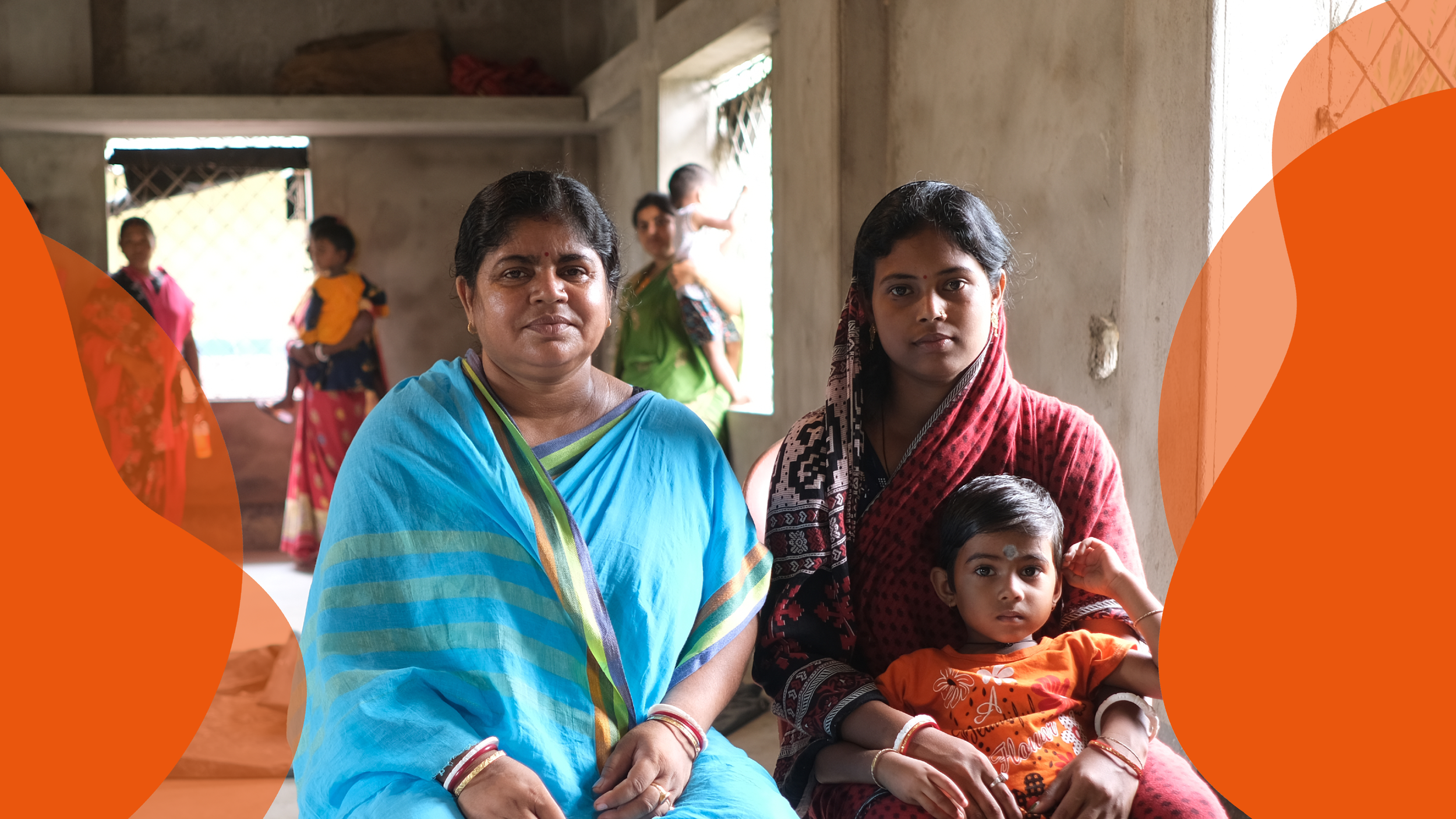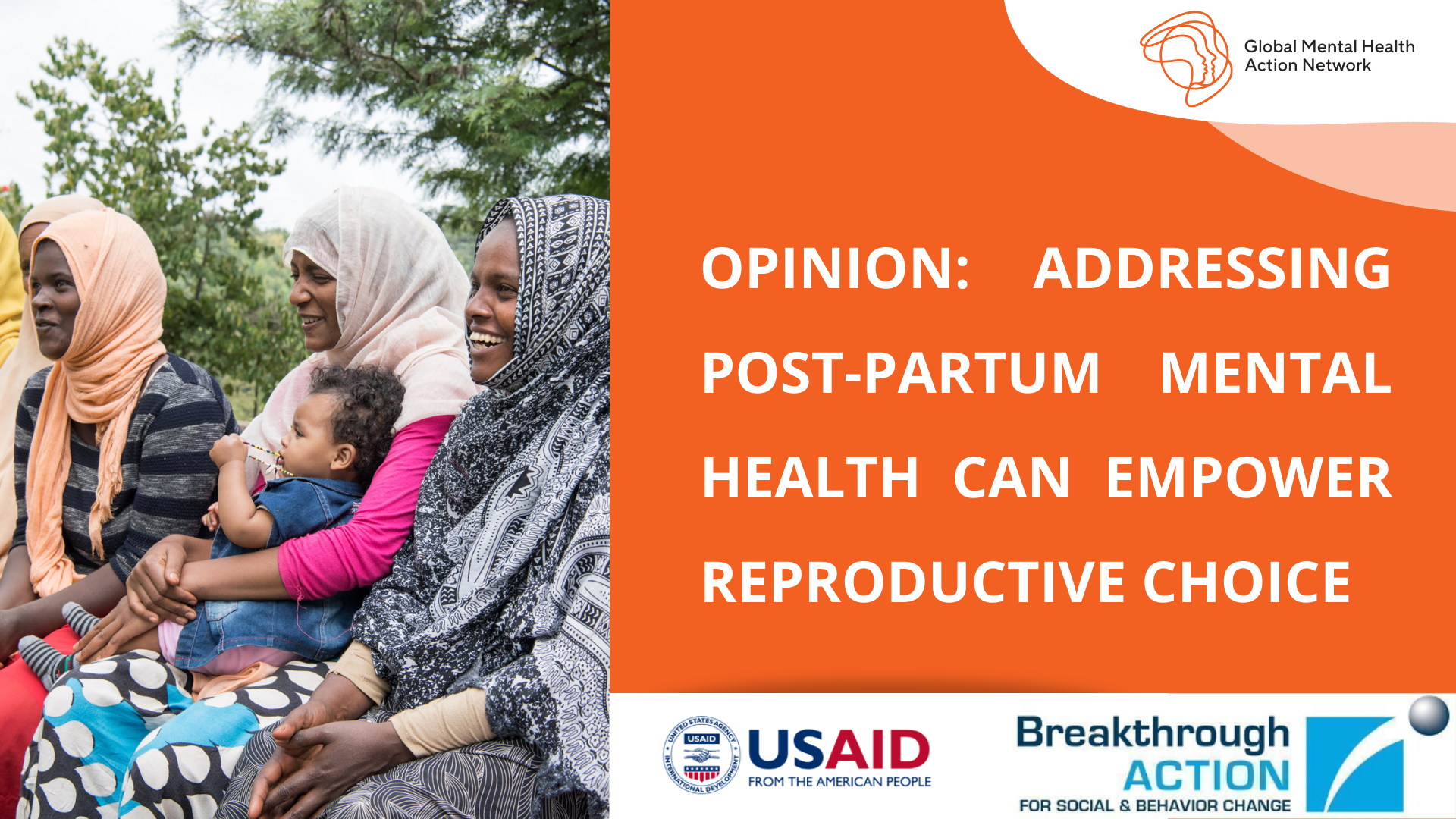
News and views
The latest from across our network

We are a free to access membership organisation established to connect people and resources to promote better mental health awareness and provision.
Are you ready to become a member of the Global Mental Health Action Network?
A Transformative Moment for Global Mental Health Advocacy
Ahead of the 4th UN High-Level Meeting (HLM) on NCDs and Mental Health, the Global Mental Health Action Network mobilised a delegation of 40 advocates from 30 countries in NYC. Over just 4 days, we hosted an advocacy workshop, held 23 meetings with UN missions covering 5 continents, participated in 7 side events, and carried one unified message at the UN Multistakeholder Hearing: mental health must be prioritised at the upcoming HLM.
Raising Our Voices for Mental Health at the multi-stakeholder hearing ahead of the UN HLM on NCDs and Mental Health - Mariyam’s spotlight.
As the world prepares for the 2025 United Nations High-Level Meeting on NCDs and mental health, members of the Global Mental Health Action Network are stepping up to ensure mental health is treated as a core pillar of global health and development.
Next week in New York, a powerful and diverse group of GMHAN advocates—including youth leaders, community health workers, researchers, and policymakers—are taking part in the multi-stakeholder hearing to call for urgent action and meaningful change. We are honoured to introduce these inspiring changemakers and the vital work they lead.
Raising Our Voices for Mental Health at the multi-stakeholder hearing ahead of the UN HLM on NCDs and Mental Health - Yana’s spotlight.
As the world prepares for the 2025 United Nations High-Level Meeting on NCDs and mental health, members of the Global Mental Health Action Network are stepping up to ensure mental health is treated as a core pillar of global health and development.
They bring lived experience, expertise, and a deep understanding of the impact of mental health conditions and NCDs in their communities. We are honoured to introduce these inspiring changemakers and the vital work they lead.
Reflections from participants from the youth multi-stakeholder hearing.
Young people are key drivers of change in the mental health movement and their leadership was on full display at the recent youth multi-stakeholder hearing organised by the World Health Organization. Held as part of the lead up to the 2025 UN High Level Meeting on NCDs and Mental Health, the event brought together advocates from across the globe to share their experiences.
At GMHAN we are proud to see young people from our network participating in this critical dialogue and below we share some of their reflections. They speak about their work, their takeaways from the event and what they hope to see on the road to the 2025 HLM.
Why We Should All Back the Kigali Youth Declaration and the Call to Lead
As we approach the UN High-Level Meeting on the Prevention and Control of Non-communicable Diseases (HLM4) in September 2025, there is a real opportunity to secure meaningful commitments that prioritise mental health in the global NCD response. Two key advocacy tools can help make that happen: the Kigali Youth Declaration and The Call to Lead on NCDs.
Beyond the Counseling Room: Rethinking Mental Health Access in Modern China
Mental health care in China is changing but not quickly enough for the people quietly struggling today. The challenge isn’t just awareness or resources; it’s how we scale care, build trust, and create culturally responsive systems that meet people where they are.
Universal Health Coverage Cannot Exist Without Mental Health: A Call to Bold Action
Universal Health Coverage (UHC) is a promise—that no one, regardless of where they live or how much they earn, is denied the healthcare they need. Yet, despite the aspiration, this promise remains incomplete because mental health continues to be undervalued, underfunded, and under-prioritised.
#MHForAll Webinar: Religion, Faith and Mental Health
Religion, faith, and spirituality have long been intertwined with mental health, offering both profound benefits and significant challenges. At a #MHForAll webinar, experts explored this complex relationship, asking: How can we harness the benefits of faith for mental health while addressing its potential harms?
Celebrating Women Leading Change in Global Mental Health
This #InternationalWomensDay, we’re celebrating 5 incredible women who are changing the world through their leadership in mental health advocacy. All 5 are co-chairs of the Global Mental Health Action Network , a collective of advocates driving positive change in mental health worldwide. From suicide prevention to tackling stigma, their work is transforming lives and creating a more equitable future for #ForAllWomenAndGirls.
Need2Know - How to address the Commercial Determinants of Health
The Commercial Determinants of Health (CDoH) refer to strategies and approaches used by the private sector to promote products and choices that influence public health. Understanding the commercial forces influencing health is crucial because corporate practices and market dynamics play a major role in shaping environments and behaviours that contribute to the development and perpetuation of harm and illness.
Here is what you “need to know” from the current evidence base.
Impact of USAID and other Government Funding Cuts on Global Mental Health Services - and reimagining development funding
The Global Mental Action Network and the Mental Health Innovation Network are partnering in a project that seeks to understand the impact of government aid funding cuts on mental health services worldwide and reimagine how the sector works.
UN High-Level Meeting on NCDs and Mental Health - Priorities for Mental Health
Our new HLM briefing document highlights key priorities for achieving equitable, integrated, and rights-based mental health services worldwide and is meant to support UN Member States, policymakers, and advocates.
The briefing is endorsed by leading global organisations, Save the Children, World Federation for Mental Health, PATH, MHPSS Collaborative and. Let’s unite around shared priorities and influence the outcomes of the HLM!
Reflecting on COP29
Written by Shoukat Ali Baloch. There is no good and bad COP. However, focusing on mental health, I have observed during multilateral negotiations and party meetings, lobbyings and also personal meetings with delegates from the parties, that mental health was on their agenda and they were discussing it broadly to address the integration of mental health stressors at the grassroots level.
Power of Collective Advocacy at the G20
The G20 Brazil is over and the presidency was delivered to South Africa… No concept better represents the essence of our work than Ubuntu—“I am because we are.” This philosophy of interconnectedness and mutual care defines the work of a group dedicated to initially advocate for the Mantra and the prioritisation of the investment of Children and Adolescents Mental health, and later, collectively building the #ChildrenInG20
A Step Toward Change: Highlights from the Generational Perspective Dialogue on Mental Health
By Don Zane Muwanguzi, Team lead/founder Awesome Minds Speaks
On World Mental Health Day (10th October 2024), the Generational Perspective Dialogue organised by Awesome Mind Speaks brought together youth, policymakers, mental health professionals, and community leaders, to tackle the pressing mental health challenges faced by Uganda's young people.
A global mental health vision for 2035
I am writing this blog just after World Mental Health Day, energised by all the beautiful content, meaningful conversations and impressive work I've been noticing happening around the world over the past couple of days. But this work can also be frustrating. All too often, in meetings and events, I am reminded that it is a sector that remains unequal and, in certain respects, underdeveloped.
#MHForAll Webinar: Advocating for Mental Health when the World is Watching
On 1st October, we were joined by the key figures setting the agenda for the most significant days in the mental health advocacy calendar. Prof. Tsuyoshi Akiyama (President of the World Federation for Mental Health) and Prof. Rory O'Connor (President of the International Association for Suicide Prevention) shared recommendations to enhance advocacy plans for awareness days, including outlining how advocates can maximise impact in low-resource settings and champion the voices of persons with lived experience.
Advocacy Guide: From International Days to Awareness Weeks - Advocating for Mental Health when the World is Watching
International and national mental health awareness days and weeks play a crucial role in raising the profile of global issues and garnering support for meaningful action. This advocacy guide aims to provide recommendations to help mental health champions harness the momentum of such moments.
Investing in Future Minds Through a Children’s Lens
We stand at a critical juncture in history. More than half of the world’s children live in G20 countries, yet their rights, mental health, and well-being remain severely underrepresented in global policy agendas. Amid rising inequalities, the climate crisis, and slow progress towards the Sustainable Development Goals (SDGs), the mental health of future generations is at risk.
Opinion: Addressing Postpartum Mental Health can Empower Reproductive Choice
Mental health issues among postpartum women in low to middle-income countries represents a silent epidemic that negatively impacts a range of health outcomes. The period following childbirth is fraught with physical, emotional, and psychological changes, which is further exacerbated by limited access to healthcare, lack of mental health awareness, and mental health stigma.




















